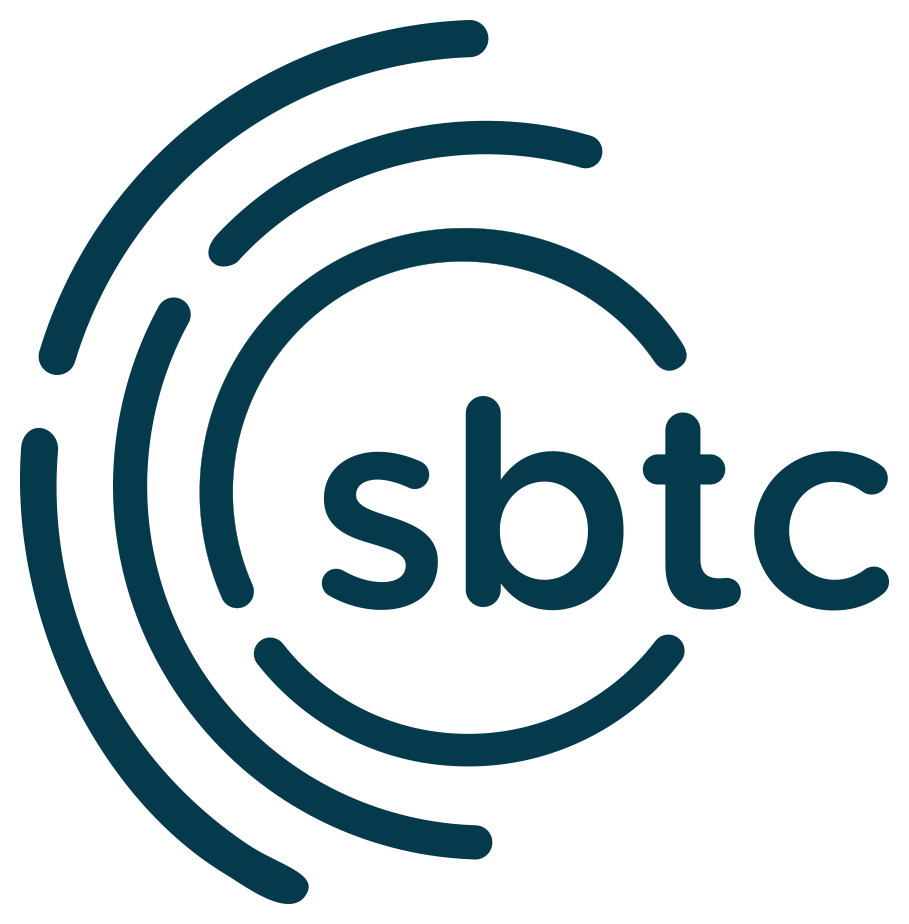As we study the Bible and gain more knowledge and understanding of God’s Word, his character, his ways and his plans, our goal is to be transformed by his Word. We want to know and do.
James 1:23-25 says, “For if anyone is a hearer of the word and not a doer, he is like a man who looks intently at his natural face in a mirror and, after looking at himself, goes away and immediately forgets what he looks like. But whoever looks intently into the perfect law that gives freedom, and continues in it—not forgetting what they have heard, but doing it—they will be blessed in what they do.”
Have you heard anyone say, “I am a life-long learner”? Something about that statement always makes me pause and want to ask—but are you teachable?
Learner is a Noun. Teachable is an Adjective
We know a noun identifies a person, place or thing. An adjective, on the other hand, describes a noun. This newsletter is not meant to be a grammar lesson but a science lesson. Grammar is the mechanics of writing. Science is observation to determine structure and behavior.
By Definition
Learner (a noun) means “one who is learning a subject or skill.” Learners have a quest for knowledge.
Teachable (an adjective) means “able to learn by being taught.” Teachable suggests a person is subject to another for learning.
Sometimes it helps to know what something is not in order to understand what it is.
Determining whether you are a learner or teachable can be important in studying the bible. Learners are always taking in knowledge but may lack application. Those that are teachable will apply the knowledge to situations more like a science experiment.
To get to the science of this, let’s examine ourselves and see where we line up, shall we?
As Christians, learning is a life-long pursuit. We will never mine all of Scripture’s truths this side of heaven. Sometimes in our pursuit of learning, we may find ourselves captivated by our own knowledge. Scripture cautions us against “always learning and never able to arrive at the knowledge of the truth” (2 Timothy 3:7).
As we study the Word of God, we are to examine ourselves and let the Word of God examine us. 2 Timothy 3:16-17 says, “All Scripture is breathed out by God and profitable for teaching, for reproof, for correction, and for training in righteousness, that the man of God may be competent, equipped for every good work.”
Are we as learners described as teachable? We can be both learners and teachable. We may know the story of the Good Samaritan, but would we be willing to go to the extent that he did to meet the needs of a stranger? Really?
J. I., Packer in his book Knowing God wrote,
“Whenever we embark on any line of study in God’s Holy Book, we need to ask ourselves—‘What is my ultimate aim and object in occupying my mind with these things and what do I intend to do with my knowledge about God once I have gotten it?’ For if we pursue theological knowledge for its own sake it is bound to go bad on us. It will make us proud and conceited. The very greatness of the subject matter will intoxicate us. But if you pursue knowledge and then you convert your knowledge about God into knowledge of God on a personal level, you will grow.”
Paul addressed the Corinthians regarding their arrogance and attitude. They were not guided by love. In 1 Corinthians 8:1-3 Paul wrote, “Now concerning food offered to idols: we know that “all of us possess knowledge.” This “knowledge” puffs up, but love builds up. “If anyone imagines that he knows something, he does not yet know as he ought to know. But if anyone loves God, he is known by God.”
As learners, we have a responsibility for what we do with the knowledge we gain. As Christians, we have the Holy Spirit to be our guide and help us apply “in love” what we have learned. By applying God’s Word, we let the very nature of God live in and through us. Love personified. Theodore Roosevelt once said, “People don’t care what you know until they know that you care.”
Lord, help us be “learners” who are “teachable” so we can apply the Bible and be the hands and feet of Jesus.







